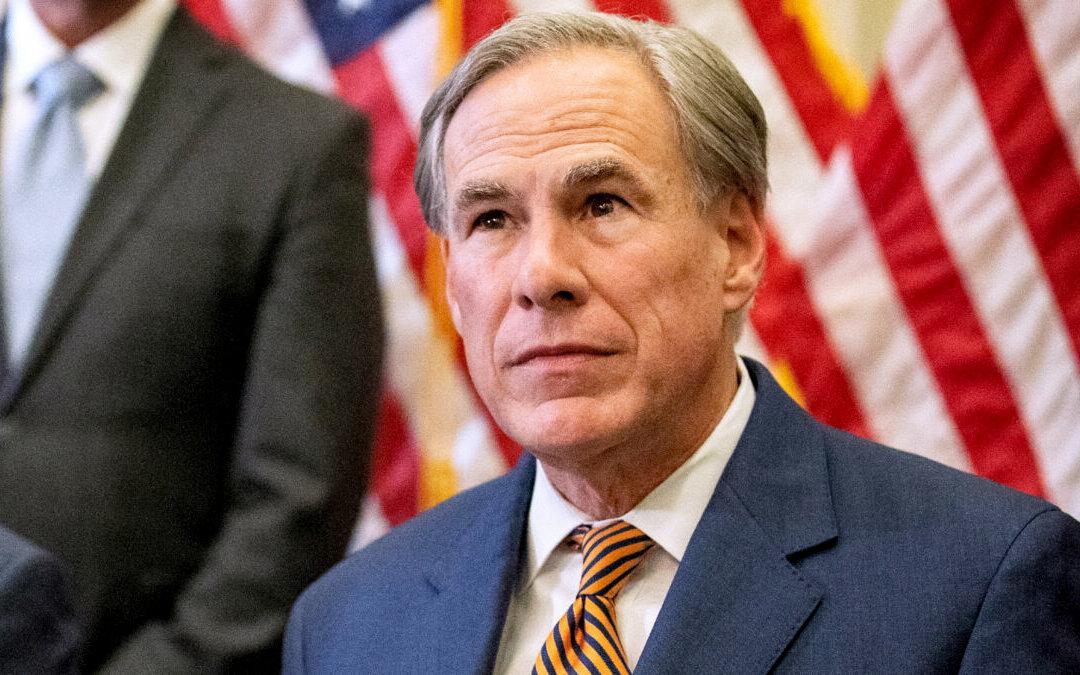Texas Gov. Greg Abbott on Monday called on the state’s school board organization to remove books that contain “extremely inappropriate” content from school libraries, citing growing outrage among parents.
“A growing number of parents of Texas students are becoming increasingly alarmed about some of the books and other content found in public school libraries,” Abbott wrote in a letter (pdf) sent to Texas Association of School Boards (TASB). “The most flagrant examples include clearly pornographic images and substance that have no place in the Texas public education system.”





